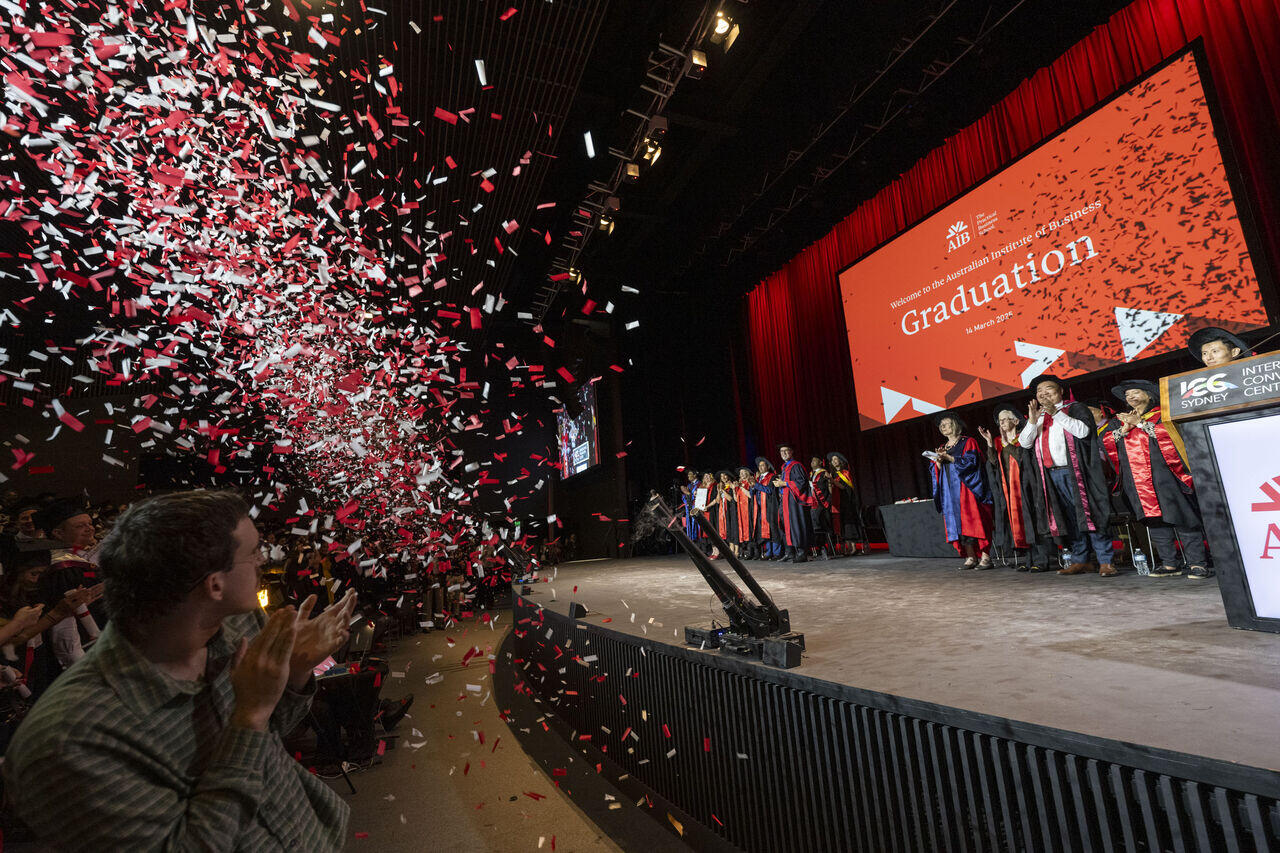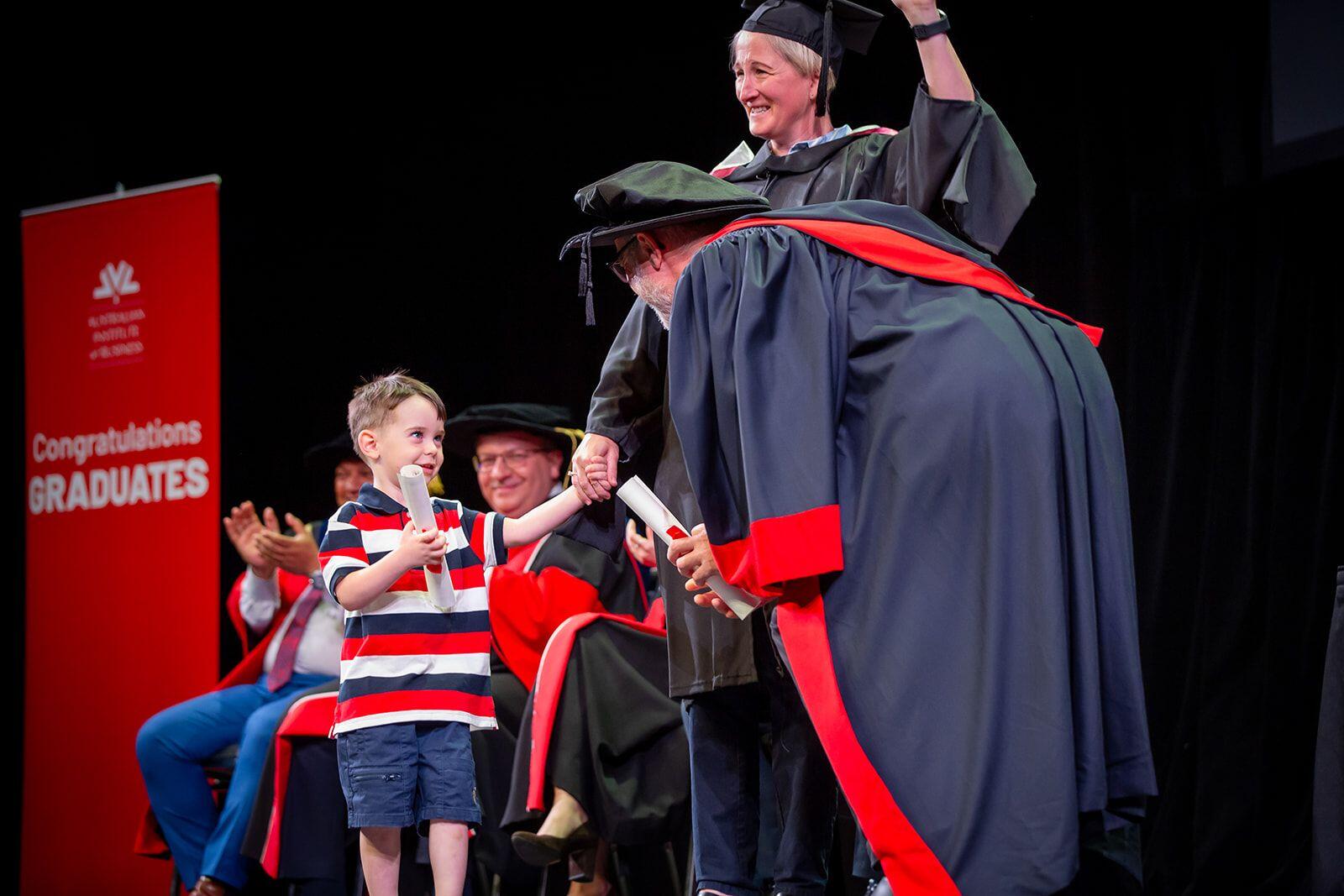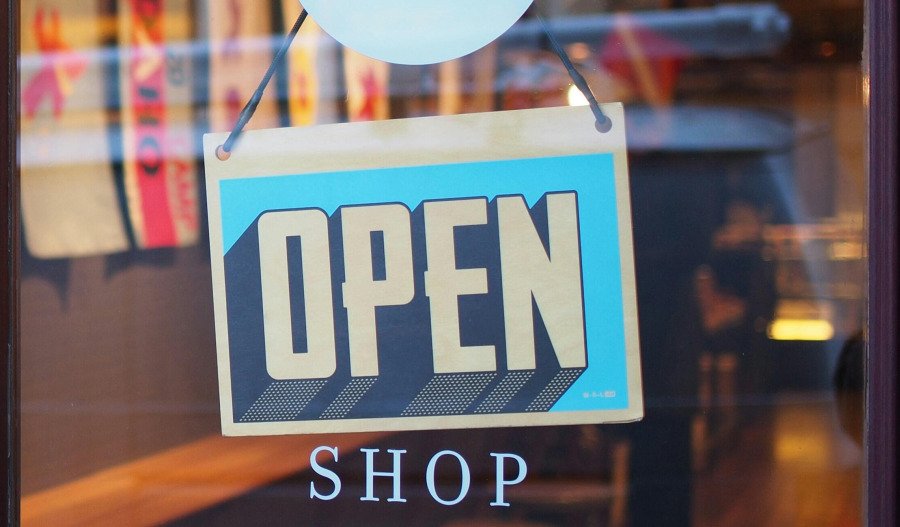According to the Academic Dean at the Australian Institute of Business (AIB), Professor Darius Pfitzner, learning and adapting is the key to success in any business.
After spending some time in the Navy and in aviation engineering, Pfitzner traded a life of rigidity and structure for the free-flowing nature of business and academics.
Pfitzner said this was the hardest obstacle to overcome when transitioning careers.
“When I first entered the private sector, the unpredictable and dynamic nature of it was a challenge I spent a number of years dealing with,” he tells Azzet.

Despite the dramatic career shift, Pfitzner said beginning to work for his mum and dad's business was the right move for him to move away from aviation engineering monotony.
“Being an aviation engineer can be a little bit like doing almost the same thing over and over again in a highly regimented and controlled fashion,” he says.
“Although that has its positives for me, I'm looking for new challenges all the time while bringing my history with me.”
After working and exploring every sector from mechanics to retail, Pftizner decided to learn more about business theory after experiencing a win while managing a gift and coffee shop he helped his parents set up in Mount Tamborine, Queensland.
According to Pfitzner, there was high demand for their fudge. This demand was “going through the roof” to the point of having to focus on restocking the fudge day and night.
“We'd have buses pulling up out the front, and you know, when two buses pull up out the front, you've got 60 to 80 people unloading into the shop,” he says.
“I literally found myself making and selling fudge all day and even staying back at night to restock for the next morning. And of course, this was just untenable.”
One day, he came up with the idea of raising the price of popular fudge by 30%. Despite this effort to drive down fudge demand, people continue to buy it at the same rate as before. This caused Pfitzner to go down a research rabbit hole.
This led him to discover the concept of price elasticity of demand and inspired him to continue his quest for more knowledge through formal business education.
“After that experience of learning about price elasticity of demand, albeit not how to calculate it, I sort of got bitten by the research and learning bug,” he says.
“Three degrees later in a PhD, I think I appeased that.”
Pfitzner’s tips for success
While keeping one foot in the door of business, Pfitzner has dedicated himself to being an academic who helps other aspiring businesspeople achieve their goals through education.
He says studying is one of the pillars of entrepreneurial success. This includes finding a mentor who suits you.
“You can avoid the potholes in the road if you listen to people that have the experience,” he says.
One of his other crucial pieces of advice is to set aside your ego and be open to constantly learning new things about the world.
“Don't be overconfident and question your assumptions and the information you receive all the time,” he says.
“The world is teaching you important lessons every minute of the day, and so pay attention and take and remember to take the time to review what's gone in on your day.”
Pfitzner also suggests that while research and having a solid business plan go a long way, it is critical not to be too rigid.

“Before you decide anything, don't be afraid to change or adjust your vision,” he says.
He also says it is imperative to fail fast and cheaply when testing out a new product or business.
“Test for free or for as little money as possible because what you need to do is test to see if you're going to fail,” he says.
“You need to fail quickly so that you learn and then can progress towards success based on your learnings.”
Unsung heroes of Australia's economy
In his lecturing career, Pfitzner says he focuses on micro businesses, which he believes are often under-recognised.
Micro businesses are a subset of small businesses that consist of one to four employees.
“They really are driving the local community's success and the economies at that level, and those little economies add up to our fundamental economy.”
According to the McKell Institute, they make up 60% of all Australian businesses, with the micro-business economy growing 14% from 2019 to 2023.

While Pftizner has worn many hats throughout his career, helping students and seeing them graduate has been the most rewarding part of his working life.
“I had a mother who had a son that wouldn't let go of her, so the son came across the stage with her.
“I was able to quickly grab an extra AIB parchment and give the son a graduation parchment. And you know, the audience erupted.
“Every academic will tell you that graduation and seeing the successes written across people’s and their families' faces is the [ultimate aim] of their careers.”


